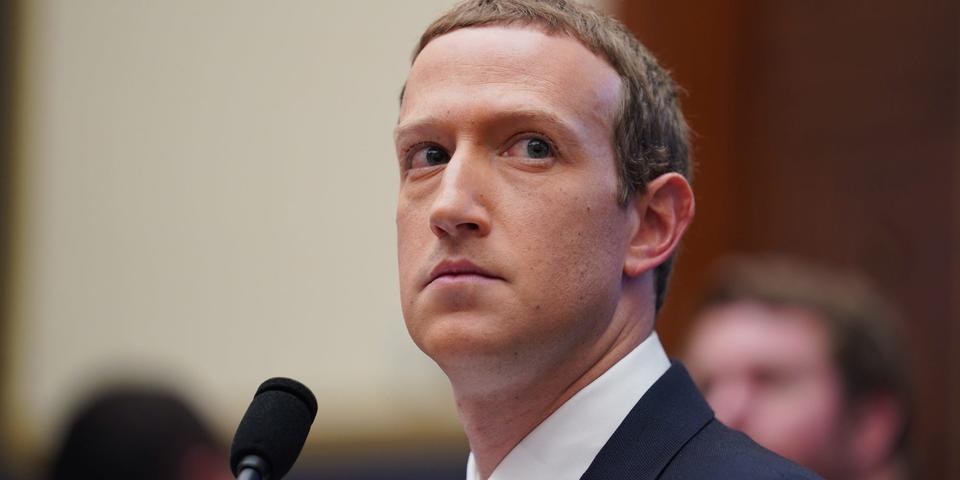Last week, Facebook was all over the news, though you may not have noticed because it was renamed Meta in the hopes that the negative connotations linked with its previous name would fade away over time. Google had tried similar stunt with Alphabet, which failed as well.

For a change, Facebook’s most recent moment at the top of the news agenda had nothing to do with scandals and everything to do with its financial results, which were so unexpectedly bad that the stock dropped 25% at one point, wiping $240 billion (£177 billion) off its market value and causing the Nasdaq index to drop 2%.
Given that Facebook has previously been a licence to print money, to the point where, when it was fined $5 billion by the Federal Trade Commission in 2019, its stock actually rose as Wall Street realised the allegedly large amount was actually the equivalent of a fleabite on an elephant.
This time, however, things were different. Why? According to accounts from Mark Zuckerberg’s conference call with stock market experts, three things stuck out: the impact of TikTok, Apple’s decision to require iPhone users to consent to being monitored by marketers, and the admission that Facebook’s formerly unstoppable growth has slowed.
Many people must have been perplexed by Zuckerberg’s apparent preoccupation with TikTok. TikTok isn’t a social media platform, after all. It’s a platform for short-form user videos in genres like pranks, stunts, tricks, jokes, dance, and entertainment. It’s owned by the Chinese corporation ByteDance, nobody over the age of 40 understands it, and it’s taken the world by storm. It makes Xi Jinping’s belt-and-road plan look amateurish as a sort of Chinese cultural imperialism.
So, what’s keeping Mark Zuckerberg up at night? The reason behind this is that TikTok brilliantly caters to a demographic group – so-called young people – that Facebook, with its ageing demographics (parents and grandparents), no longer seems to serve well. This explains its enthusiasm to re-energize Reels (its laughable attempt to imitate the short-video genre) and refocus its other services on young adults. But the actual issue for Facebook is that TikTok has a monopoly on its users’ attention, which is how surveillance capitalism makes money.
“The difficulty for Meta is that its business isn’t based on exposing material from your friends; it’s focused on interaction and selling advertisements,” says senior tech analyst Ben Thompson, “which means any service that occupies your time and attention – and TikTok consumes a lot of it.” The impact of Apple’s “app-tracking transparency” (ATT) feature, which was introduced last year with version 14.5 of its iOS mobile operating system, is the second source of Facebook’s woes. This requires iPhone users to grant express approval for apps to track them on a user-by-user and device-by-device basis. Users, predictably, declined in droves.
And the cost to Facebook has been calculated at $10 billion in lost advertising revenue. This represents 8.5 percent of the company’s sales in 2021, but more importantly, a fourth of the company’s overall profit for the year.











